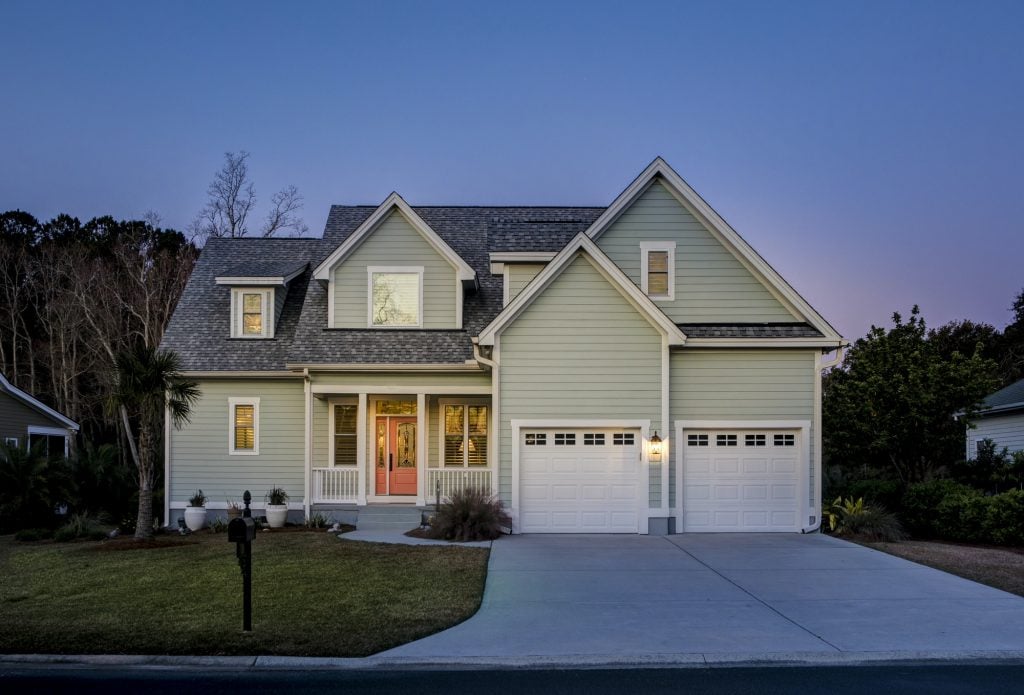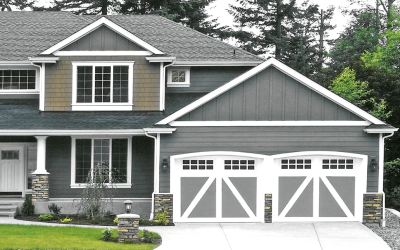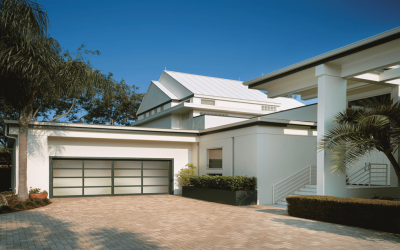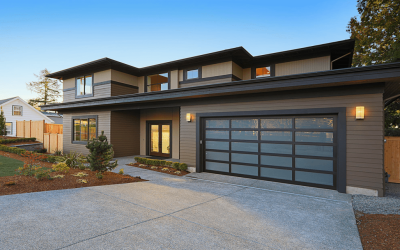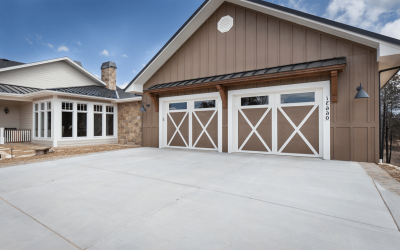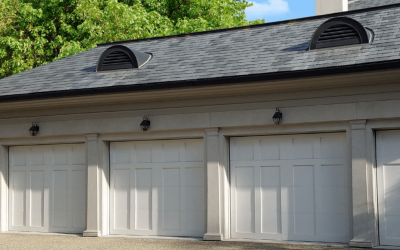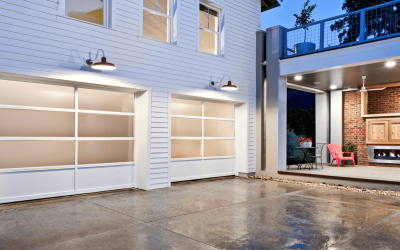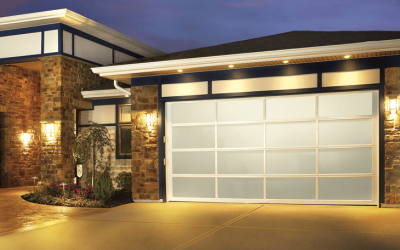Are you a homeowner in Texas looking to install or repair your garage door? If so, it is essential to understand Texas-specific garage door regulations and building codes to ensure safety and compliance with the law. Failure to adhere to these regulations can result in potential safety risks and legal issues. In this ultimate guide, we will walk you through the importance of understanding Texas-specific garage door regulations and building codes, wind load requirements, garage door opener safety, building codes, fire rating, and building permits.
Importance of Understanding Texas-Specific Garage Door Regulations and Building Codes
Understanding Texas-specific garage door regulations and building codes is crucial for ensuring the safety of your home and complying with the law. Garage doors are one of the largest moving objects in a home and can pose potential safety risks if not installed or repaired correctly.In addition to that, failure to comply with garage door regulations and building codes can result in legal issues and fines.
One of the significant potential safety risks of not following garage door regulations and building codes is the risk of entrapment. Garage doors can be dangerous if not installed or repaired correctly, and they can lead to injuries or even death. That is why, it is essential to ensure compliance with these regulations to avoid safety risks and legal issues.
Wind Load Requirements
Texas is known for its severe weather conditions, including high winds, hailstorms, and hurricanes. It’s important to follow wind load requirements for garage doors in Texas to ensure safety during severe weather conditions. The wind load requirements in Texas vary depending on the wind zone, which is determined based on the location of the home.
The minimum wind resistance rating required for garage doors in Texas ranges from 90 mph to 130 mph, depending on the wind zone. It is necessary to follow these regulations to ensure safety during severe weather conditions. Failure to comply with these regulations can result in potential safety risks and legal issues.
Garage Door Opener Safety
Garage door opener safety is another important aspect of garage door regulations in Texas. The Underwriters Laboratories (UL) is a safety certification organization that sets safety standards for garage door openers. It is essential to ensure that your garage door opener meets UL safety standards to prevent potential safety risks.
In addition, garage doors must have a secondary safety reversing mechanism to prevent entrapment. This mechanism should reverse the garage door if it comes into contact with an object or person. Failure to comply with garage door opener safety regulations can result in potential safety risks and legal issues.
Building Codes
Building codes are laws that control how buildings are built and maintained. It is necessary to follow building codes for garage door installation, framing, and ventilation to ensure safety and compliance with the law. Building codes in Texas vary depending on the local jurisdiction, and it is essential to check with the local building authority before installation or repair.
Some common building codes for garage doors in Texas include the minimum ceiling height, door width, and depth of the garage. Following these regulations ensures safety and compliance with the law. Failure to comply with building codes can result in potential safety risks and legal issues.
Consult with a professional or the local building authority before installing or repairing your garage door. They can provide guidance on the specific building codes that apply to your project and ensure that you comply with all relevant regulations. By following building codes, you can ensure the safety of your home and comply with the law.
Fire Rating
Garage doors attached to homes are a potential entry point for fire to spread to other areas of the home. In Texas, garage doors must have a fire rating of at least 20 minutes to prevent the spread of fire to other areas of the home.
The International Residential Code (IRC) and the International Building Code (IBC) both impose this requirement.
Fire ratings are assigned based on length of time the door can resist fire. A 20-minute fire rating means that the door can withstand fire for at least 20 minutes without collapsing. Fire-rated doors are made of materials that are resistant to fire, such as metal, steel, or fiberglass. In addition to preventing the spread of fire, fire-rated garage doors also provide additional protection for your home and belongings.
Fire rating requirements may vary depending on the type of garage door and the location of the home. For example, if the garage is detached from the home, the fire rating requirements may be different from those of an attached garage. Therefore, it is essential to check with the local building authority before installation or repair of the garage door to ensure compliance with fire rating regulations.
Building Permits
Building permits are required for new construction, alteration, or repair work exceeding $1,000 in cost.
Obtaining the necessary permits from the local building authority to work on your garage door is something you have to do. Without obtaining the required permit, you can run into potential legal issues and fines.
Complying with the law and ensuring safety during construction or repair work on your garage door shouldn’t be ignored or something you try and find a workaround for. Building permits ensure that the work is inspected and meets the building codes and regulations. Failure to comply with permit regulations can result in potential legal issues and fines.
Final Words
We cannot stress enough the importance of understanding and following Texas-specific garage door regulations and building codes. Your safety and legal compliance depend on it. It is important to keep in mind that these regulations exist to protect you, your family, and your property from potential safety risks and legal issues.
It is always better to consult with professionals like Veteran Garage Door before attempting to install or repair your garage door. Our team of professionals has extensive knowledge and experience in garage door regulations and building codes, and we can ensure that your garage door is safe and compliant with the law. By working with us, you can have peace of mind knowing that your garage door is installed or repaired correctly and that you are complying with all the regulations.
Remember, garage doors are not just an aesthetic part of your home; they serve a crucial function in providing safety and security to your property. By understanding and following the regulations and codes, you can ensure that your garage door is functioning correctly and safely. So, stay safe and compliant by following the regulations and consulting with professionals like Veteran Garage Door.



